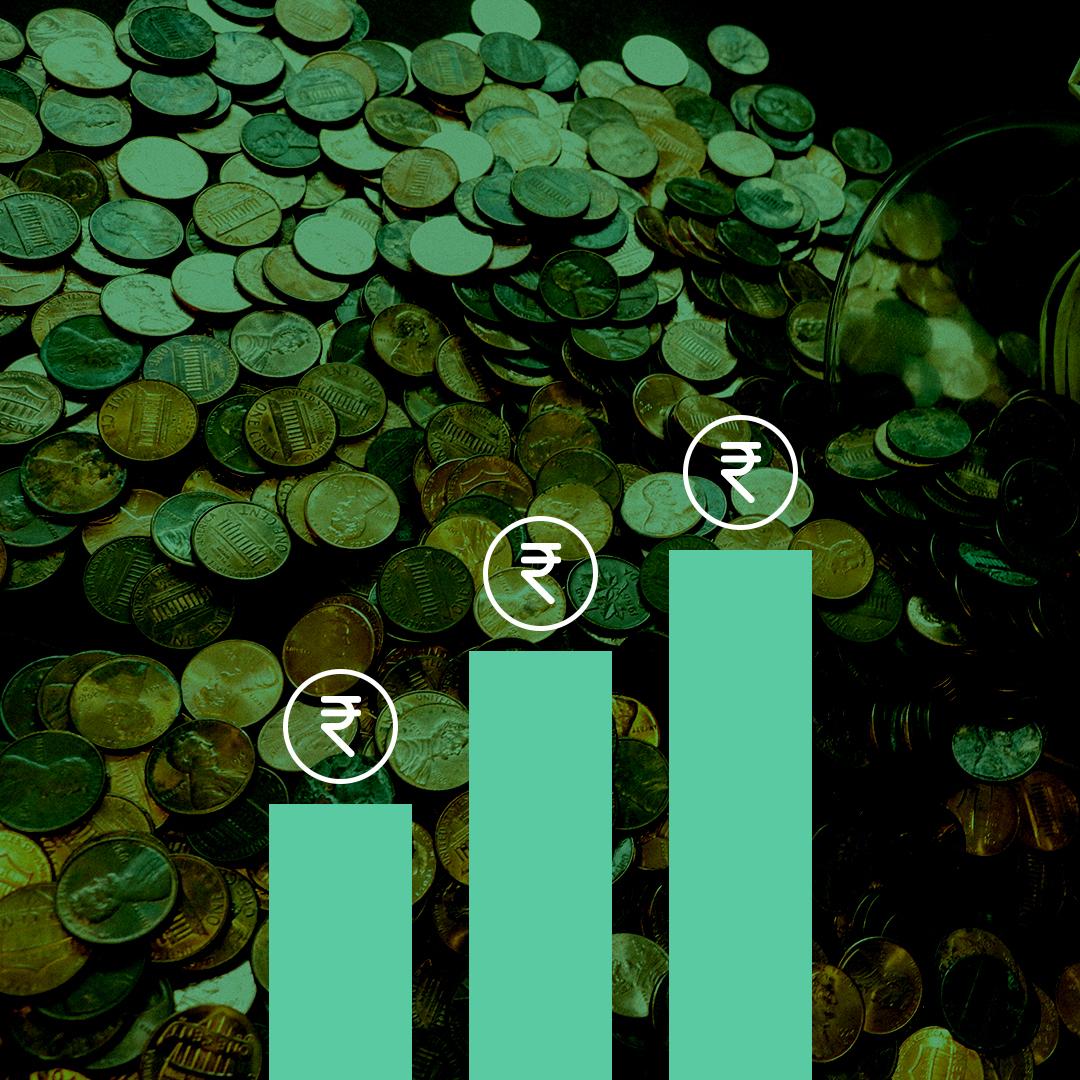Questions to Ask Before Investing

It is not hard to find new opinion with respect to investing every day. The plethora of opinions could be confusing and thus it is critical to have a checklist in order to decide on the investments options to choose. An investor vies for investing in the right instrument; after all, it is his hard earned money that they are willing to multiply for greater financial stability during their golden days and/or difficult time. Thus to achieve the objective saving need to be made in the right instrument.
The first question that arises is – How does an investor filters good investment? How does an investor decide which instrument is suitable for specific goals? We, at ORO, feel that is important to provide investors with a quick checklist that would help them make informed decision-making. In this article, we present you with 10 questions you should ask yourself before making any investment decision and based on your answers decide on your investment instrument.
Do you understand what you are investing in?
We believe if an investment can’t be explained in simple terms it means:
- Something is hidden about the investment
- Investment Advisor is unable to explain
It is advisable to clearly understand the product in which you are investing in.
What are your goals?
One of the most important questions that an investor should ask themselves is “What am I trying to achieve; what are my investment objectives?” We believe investments would vary as per goals and would come with varying risk-return profile. So it is always advisable to ask, “Is the investment likely to help me achieve my goal?” Try ORO Wealth’s goal advisory here.
What is the investment horizon?
Like everyone has a purpose in life, each investment we make should also have an objective and a due date. This can be collectively referred to as “investment horizon”. This horizon is critical to make investment decisions as it helps you understand the risk that is to be born in order to achieve that objective. For example, your child’s marriage should be due in the next 20-25 years time and thus in this long-term horizon investing in equity and equity-related securities would help you achieve this objective. In simple language, the longer is your horizon the more is the risk appetite an investor can accept in their portfolio. Simply ask, “Will this investment make sense keeping in mind the timing?”
How much can you contribute?
We believe you should ask yourself about the amount you can set aside for your goals – be it a personal, or financial goal. One needs to be careful and realistic while deciding on this amount as there are multiple other cash outflows that are critical for a person such as rent, bills, food, and other expenses. We strongly believe that while lump sum investment is more suited during a market slump, an investor should always have a fixed monthly contribution that provides cost averaging and compounding benefit.
Are there any risks involved in the investment?
Every investor must ask if they are prepared for taking a risk or they are risk-averse. There are different kinds of risk with any investment instrument such as market risk, inflation risk, mis-selling risk, foreign exchange risk, geopolitical risk, and the likes. We believe there is no risk-free investment instrument and even the safest instruments such as Public Provident Fund (PPF) with Sovereign rating comes with interest rate risk. There are instruments available for every risk appetite and it is the onus of the investor to determine the risk they are willing to take. Investors should ask questions such as “If things go bad, how bad can they go, and what could the potential loss?”
How well your investment instrument fits into your overall plan?
While preparing any meal, a chef puts in different ingredients to make it taste good with every ingredient having its own importance and requirement in the overall meal. If the quantity of any ingredient increases significantly, the meal goes wrong. Investing is very similar and it is not only about picking few products individually but to pick a bunch of investment instruments that could work well together in the form of a portfolio that should be well diversified to mitigate the risk. One of the questions an investor should ask for diversification is “If I lose a job, how will investment grow next year to support job loss”.
Other questions to keep in mind while investing
While there are multiple questions a person can ask before arriving at an investment decision, some of the other questions that would be relevant are:
- What is the commission you will be paying for the investment?
- Experience, qualification of the person managing in the investment, as it is important to ensure the person is capable enough to manage the investment well
- Is the instrument tax efficient?
Now when you have done your homework and have a “good enough” plan in place, you are all set for beginning your investment journey. Should you need any further assistance, feel free to drop in a line at connect@orowealth.com and we shall be glad to assist.


No Comments